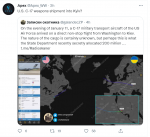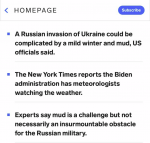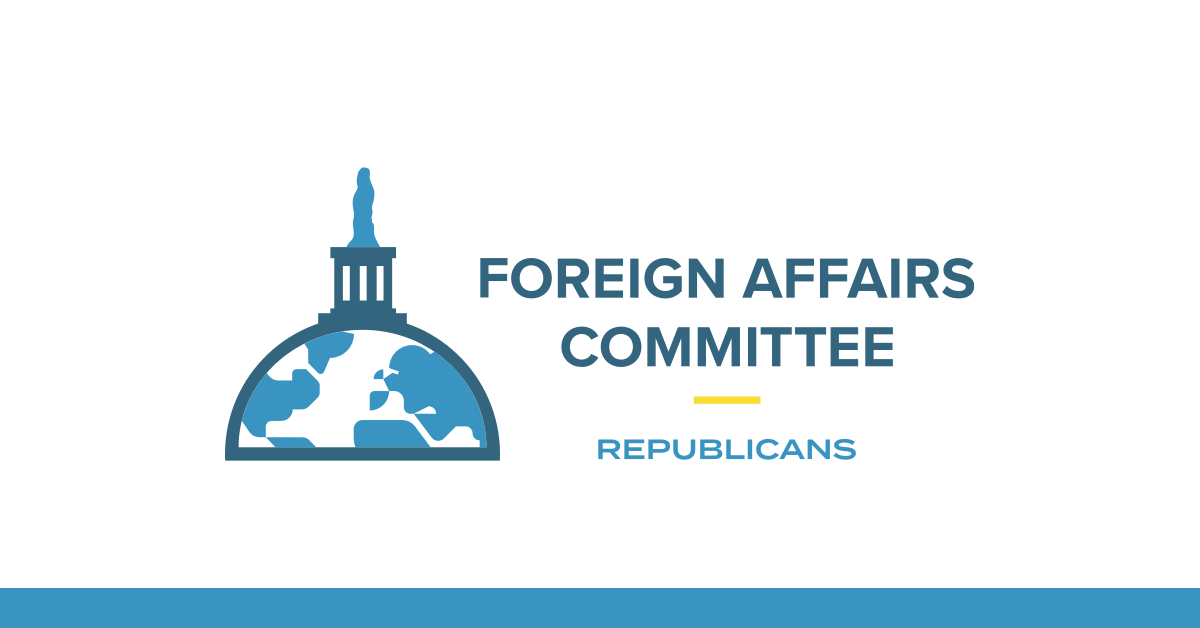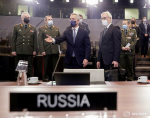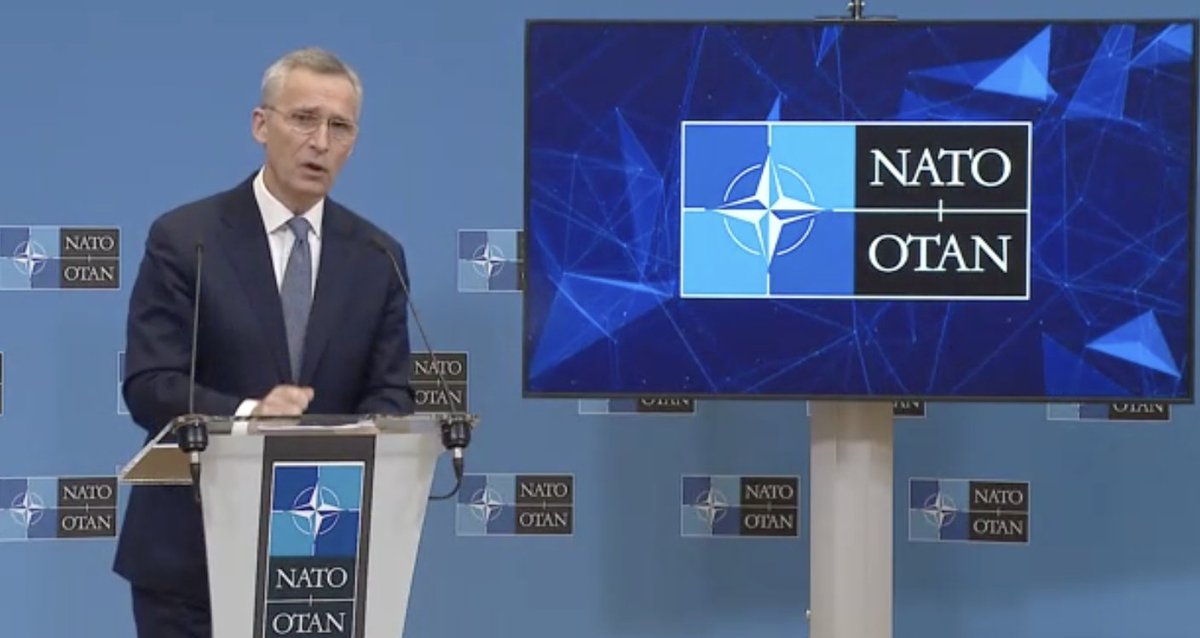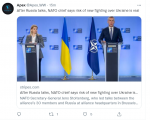The US Must Prepare for War Against Russia Over Ukraine
By Evelyn N. Farkas
7-9 minutes
Ukrainian Territorial Defense Forces, the military reserve of the Ukrainian Armes Forces, take part in a military exercise near Kiev on December 25, 2021. SERGEI SUPINSKY/AFP via Getty Images
President Vladimir Putin is more likely than not to invade Ukraine again in the coming weeks. As someone who helped President Barack Obama manage the U.S. and international response to Russia’s initial invasion of Ukraine in 2014, and our effort to keep Moscow from occupying the whole country into 2015, I am distressingly convinced of it.
Why? I see the scale and type of force
arrayed by the Russian military, the
ultimatums issued by Putin and his officials, the warlike rhetoric that
has until recently saturated Russian airwaves, and the impatience with talks
expressed by his foreign minister. Add to that the likely anxiety produced in Putin by the demonstrations last week in Kazakhstan—and Moscow’s
success in tamping them down.
But the basic reason I think talks with Russia will fail is that the United States and its allies have nothing they can immediately offer Moscow in exchange for a de-escalation.
The United States must do more than issue ultimatums about sanctions and economic penalties. U.S. leaders should be marshalling an international coalition of the willing, readying military forces to deter Putin and, if necessary, prepare for war.
If Russia prevails again, we will remain stuck in a crisis not just over Ukraine but about the future of the global order far beyond that country’s borders. Left unrestrained, Putin will move swiftly, grab some land, consolidate his gains, and set his sights on the next satellite state in his long game to restore all the pre-1991 borders: the sphere of geographical influence he deems was unjustly stripped from Great Russia.
The world will watch our response. Any subsequent acceptance of Russian gains will spell the beginning of the end of the international order. If Europe, NATO, and its allies in Asia and elsewhere fail to defend the foundational United Nations principles of
sanctity of borders and state sovereignty, no one will. Any appeasement will only beget future land grabs not only from Putin, but also from China in Taiwan and elsewhere. And if the world’s democracies lack the political will to stop them, the rules-based international order will collapse. The United Nations will go the way of the League of Nations. We will revert to spheres of global influence, unbridled military and economic competition, and ultimately, world war.
Yes, this is alarming, but it’s not alarmist. We should be alarmed. Nuclear Russia is a revisionist, revanchist power acting already as if there is no international order or United Nations, ignoring the Geneva Conventions, UN Charter, Helsinki Accords or any of the host of regional agreements Moscow has signed.
I believe Putin’s full-scale invasion of Ukraine is even more likely after watching Russian forces
quell the current round of demonstrations in Kazakhstan. The demonstrations in Almaty and throughout the country likely only intensified Putin’s alarm for democratic uprisings, or what he calls “color revolutions,” and renewed his commitment to use armed forces against them throughout the region.
Today’s mustering of American and European forces in response to Russia’s military and political aggression must be described for what it is: a fight to preserve the international order and the United Nations established to protect it, including NATO. Remember, the Western alliance was established under the umbrella of the UN Charter, which recognizes a role for regional security organizations to help keep the peace. But lately those organizations and their member states have proven unable to stop Russian expansion.
Since the collapse of the Soviet Union 30 years ago last month, the Russian Federation has fought gradually to maintain and regain dominance of the Soviet republics and the former East Bloc, especially after Putin came to power. Russia has established military bases in Armenia, Georgia, Kyrgyzstan, Kazakhstan, Belarus, and Moldova. Russia encouraged secessionists in Moldova and Georgia to create breakaway territories and in 2008 invaded Georgia, still occupying 20 percent of the state’s territory. In 2014, Russia invaded Ukraine and seized Crimea, declared the internationally recognized borders of Ukraine henceforth revised through military force. This was the first time military force had been employed to change borders in Europe since Hitler’s invasions and occupations. It was an audacious rebuke of the world order established at the end of the World War II.
The United Nations and international community condemned the 2014 landgrab, much as it did when Saddam Hussein invaded and attempted to annex Kuwait in 1990. In the latter case, the international community demanded Iraq’s immediate withdrawal—and didn’t stop there. Nations authorized the use of military force in the event that Iraq refused to withdraw by Jan. 15, 1991. The international community united in the defense of international borders and Kuwait’s sovereign rights.
By contrast, when Putin limited his landgrab to Crimea, much of the international community decided the immediate threat had been eliminated, or limited to Ukrainians. As a result, the Russian leader is now making larger demands. He wants two new treaties that would prevent NATO from accepting new members, stationing military forces in member states that joined after 1997, placing nuclear weapons in members’ territory, and embarking on any activity in Central and Eastern Europe and Central Asia.
We are now, as a former U.S. ambassador put it in a recently, “at a moment of truth.” If Putin refuses to negotiate about things that are negotiable, like arms controls, and insists on curtailing NATO membership and military basing and operations, we will be a diplomatic standstill. If that happens, our best bet is a new Cold War.
The only way to reassert the primacy of international law and sanctity of international borders, and contain Russia, may be to issue our own ultimatum. We must not only condemn Russia’s illegal occupations of Ukraine and Georgia, but we must demand a withdrawal from both countries by a certain date and organize coalition forces willing to take action to enforce it.
To be sure, nuclear-armed Russia is far more powerful than Saddam’s Iraq. But from my 96-year old father who witnessed world war, I learned
si vis pacem, para bellum: he who wants peace must prepare for war. Only a balance of military power—a deterrent force and the political will to match—can keep war at bay and the military dynamic frozen.
The horrible possibility exists that Americans, with our European allies, must use our military to roll back Russians—even at risk of direct combat. But if we don’t now, Putin will force us to fight another day, likely to defend our Baltic or other Eastern European allies.
When this week’s talks end and Moscow moves its military forward, the United States and our allies around the world must take all of the steps the Biden administration has laid out including sanctions, export controls of technologies, and arming Ukraine. But that’s not enough. Biden should go to the United Nations immediately to rally the global community of nations. We must build a new coalition of the willing to enforce the state sovereignty enshrined in the UN Charter.
Dr. Evelyn N. Farkas served as deputy assistant secretary of defense for Russia, Ukraine, Eurasia in the Obama administration, and as former senior advisor to the Supreme Allied Commander, NATO.





